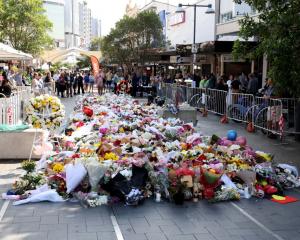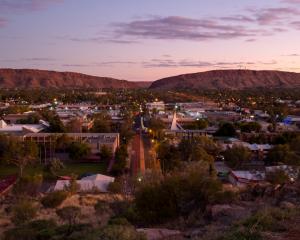
The Salvation Army has seen a significant uptick in the number of people reaching out for help in the past 12 months, given burgeoning inflation pressures, the rising cost of living, and economic stress because of the Covid-19 pandemic.
The charity surveyed more than 1400 people who visited their emergency relief centres in the past year and found that, after they paid for housing, 93 percent were living below the poverty line.
That bumped up to 97 percent for people living on government payments, and 98 percent for families with children. After paying for housing, couples with children had $19 a day to live off, while single parents had $22.
Similar research by Anglicare Australia found that at the end of a week, after essential expenses were paid, a full-time minimum wage worker had $29 left, a family of four with two full-time minimum wage workers had no income left, while a single parent on the minimum wage fell almost $200 short of being able to afford their essentials.
Three-quarters of Salvation Army survey respondents said managing financial stress was one of their biggest challenges and more than half could not afford medical or dental care when they needed it.
Almost half have been forced to go without meals and nearly a third couldn't afford to pay their rent or mortgage on time. The emergency relief centres help people with food, paying their bills, and budgeting assistance, among other things.
The Salvos' public relations secretary Major Bruce Harmer said the situation was particularly dire for those living off government support payments.
Of those people, 88 percent were finding it difficult to afford their necessary living expenses, and 64 percent said affording enough food was one of their biggest challenges.
"We're calling on the next elected federal government to focus on the most vulnerable in society," Maj. Harmer said.
"Being able to meet basic living expenses should be the norm for all in an advanced economy like Australia, and not something we are still discussing in 2022."
According to Anglicare Australia's polling, 65 percent of Australian voters want government payments like JobSeeker bumped up to meet the cost of living.
"Australians doing it tough need real action, and real leadership," Anglicare's executive director Kasy Chambers said.
"That means making the minimum wage a living wage, raising Centrelink payments over the poverty line, and investing in housing for people in need."
The release of The Salvo's research coincides with it launching its 58th annual Red Shield Appeal, which runs on May 28 and 29 with the aim of raising $36 million to go towards more than 2000 centres and services across Australia.












